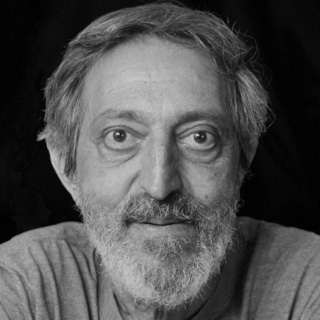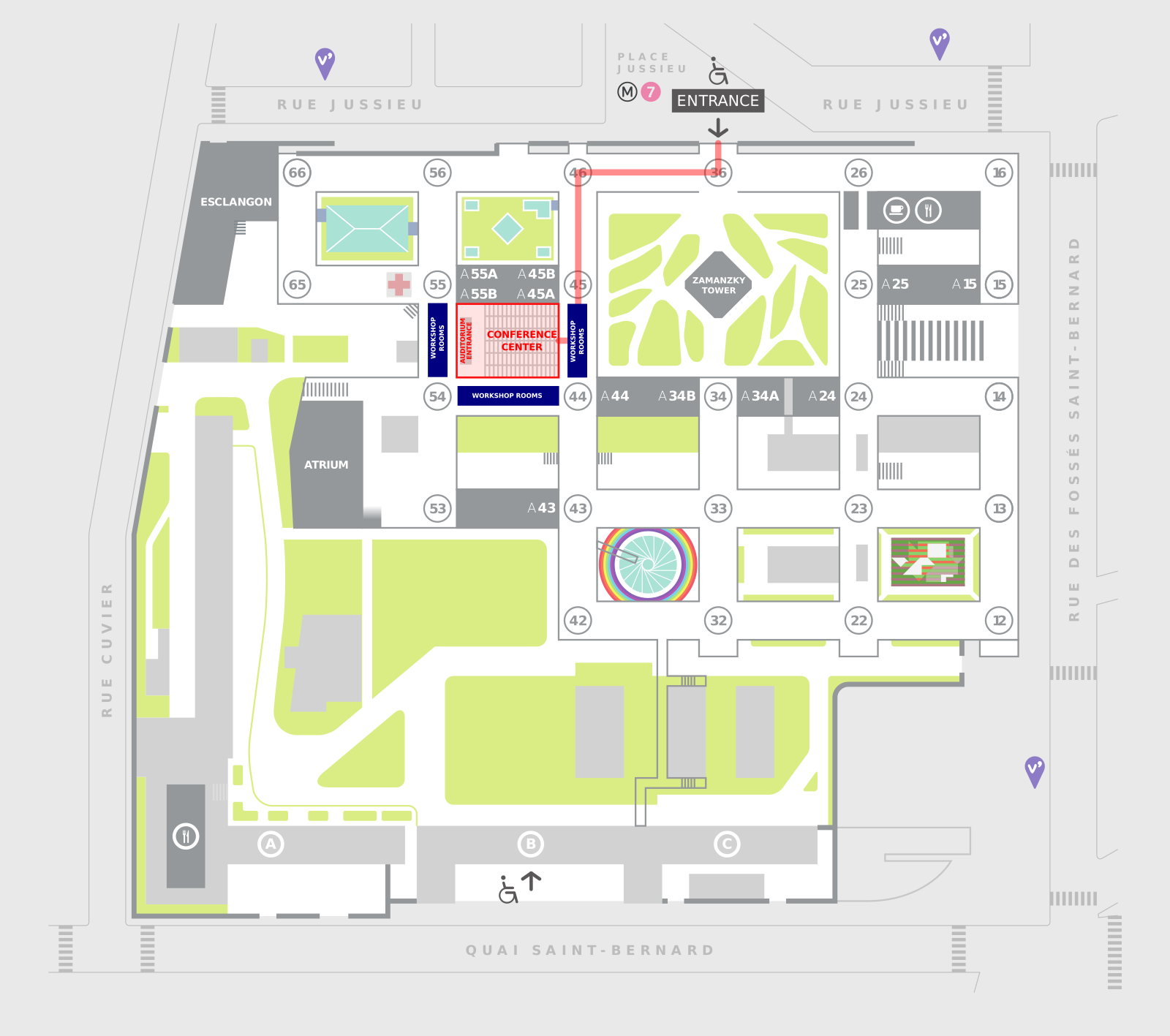Outreach lecture
Outreach lecture by Avi Wigderson
As part of the Foundation of Computational Mathematics 2023 conference taking place from June 12 to 21 at Sorbonne University, a talk open to the public will be given by Professor Avi Wigderson on Friday June 16 at 19:30.
This talk will be at a level accessible to students in scientific fields.
Registration is free but mandatory and subject to availability on the form below. Participants to the FoCM 2023 conference are automatically registered.
This talk will be at a level accessible to students in scientific fields.
Registration is free but mandatory and subject to availability on the form below. Participants to the FoCM 2023 conference are automatically registered.
Abstract
Title: Randomness - a computational perspective
Abstract: Is the universe inherently deterministic or probabilistic?
Perhaps more importantly - can we tell the difference between the two? Humanity has pondered the meaning and utility of randomness for millennia. There is a remarkable variety of ways in which we utilize perfect coin tosses to our advantage: in statistics, cryptography, game theory, algorithms, gambling... Indeed, randomness seems indispensable!
Which of these applications survive if the universe had no randomness in it at all?
Which of them survive if only poor-quality randomness is available, e.g. that arises from "unpredictable" phenomena like the weather or the stock market?
A computational theory of randomness, developed in the past three decades, reveals (perhaps counter-intuitively) that very little is lost in such deterministic or weakly random worlds. In the talk I'll explain the main ideas and results of this theory.
No special background will be assumed.
Abstract: Is the universe inherently deterministic or probabilistic?
Perhaps more importantly - can we tell the difference between the two? Humanity has pondered the meaning and utility of randomness for millennia. There is a remarkable variety of ways in which we utilize perfect coin tosses to our advantage: in statistics, cryptography, game theory, algorithms, gambling... Indeed, randomness seems indispensable!
Which of these applications survive if the universe had no randomness in it at all?
Which of them survive if only poor-quality randomness is available, e.g. that arises from "unpredictable" phenomena like the weather or the stock market?
A computational theory of randomness, developed in the past three decades, reveals (perhaps counter-intuitively) that very little is lost in such deterministic or weakly random worlds. In the talk I'll explain the main ideas and results of this theory.
No special background will be assumed.
About the speaker
Avi Wigderson is a professor at the Institute for Advanced Study in Princeton.
His work, at the interface between mathematics and theoretical computer science, includes complexity theory, graph theory, cryptography, neural networks and more. He was awarded the Nevanlinna Prize in 1994, the Gödel Prize in 2009, and the Abel prize in 2021.
His work, at the interface between mathematics and theoretical computer science, includes complexity theory, graph theory, cryptography, neural networks and more. He was awarded the Nevanlinna Prize in 1994, the Gödel Prize in 2009, and the Abel prize in 2021.

Location
.The lecture will take place in the auditorium of the Sorbonne University conference center (4 Place Jussieu) on Friday 16 June at 19:30 (opening of the room from 19:15).
In the event of overcrowding, the conference will be broadcast live to a nearby room (108, tower 44, corridor 44-54, first floor).
In the event of overcrowding, the conference will be broadcast live to a nearby room (108, tower 44, corridor 44-54, first floor).
Registration
Registration is free but mandatory and subject to availability on the form below.
Participants to the FoCM 2023 conference are automatically registered.
Participants to the FoCM 2023 conference are automatically registered.

